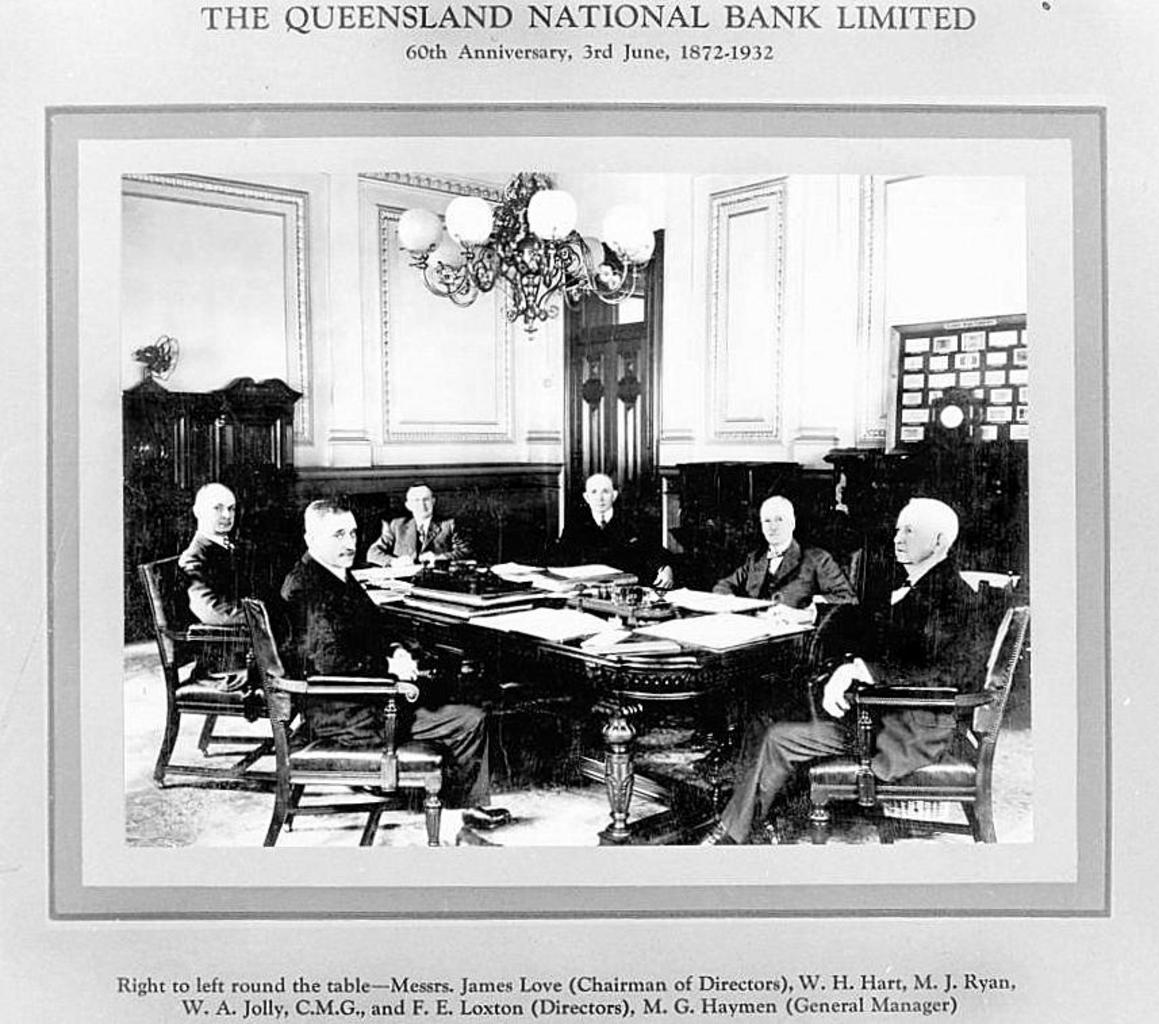MATTER OF SCHULTE, 2022 NY Slip Op 34000 - NY: Surrogate's Court, New York 2022:
"As this court held in its April 2016 decision, the Board's determination of the request to transfer the shares here was governed by the business judgment rule which prohibits judicial inquiry into cooperative board actions "taken in good faith and in the exercise of honest judgment in the lawful and legitimate furtherance of corporate purposes" (Gonzalez v Been, 145 AD3d 434, 435 [1st Dept 2016]). To permit general, but non-discriminatory, assertions of dislike of a possible transferee of cooperative shares (or here, a possible resident as a beneficiary of a trust to which the shares were to be transferred) to form the basis for a claim of bad faith if a board fails to approve a share transfer would change the business judgment rule beyond recognition. Here, Sandra has provided no authority for such a dramatic alteration of the rule and the court is aware of none that supports her view (see Cahill v Jordan Home Services, LLC, 145 AD3d 847 [2d Dept 2016] [legally unviable claim properly denied as pleading amendment]).[5] Because Sandra did not seek to add allegations supporting a conclusion of improper or discriminatory conduct, but merely personal dislike of her individually as a nonshareholder, and in light of the prejudicial delay noted above, the court accordingly denied her leave to amend the cross-claim.
The motion for summary judgment by 1125 Park sought an order dismissing the Executor's original cross-claim, which sounded in breach of fiduciary duty based on improper favoritism towards a Board member who was interested in purchasing decedent's shares. As the court held on the record on April 20, 2021, on this issue, 1125 Park established, prima facie, its entitlement to judgment as a matter of law (see Zuckerman v City of New York, 49 NY2d 557 [1980] [setting forth the summary judgment standard]), by offering admissible evidence that 1125 Park's Board had no knowledge that a Board member desired to purchase the shares allocated to decedent's apartment.[6] Thus, 1125 Park demonstrated that, even if a member of the Board had wanted to purchase decedent's shares, such fact could not have had an impact on the Board's decision to deny the transfer of the shares to the Trust (see Park Royal Owners, Inc. v Glasgow, 19 AD3d 246 [1st Dept 2005]). In opposition, despite discovery on this issue, Sandra failed to provide evidence raising a material question of fact that the Board sought to favor such member improperly. Her self-serving speculation and conclusory allegations are insufficient to forestall summary dismissal of the cross-claim (see e.g. Schloss v Steinberg, 100 AD3d 476 [1st Dept 2012]; Beer Sheva Realty Corp. v Ponjnitayapanu, 214 AD2d 352 [1st Dept 1995]; X.L.O. Concrete Corp. v O'Connor, 183 AD2d 487 [1st Dept 1992])."









No comments:
Post a Comment
Note: Only a member of this blog may post a comment.